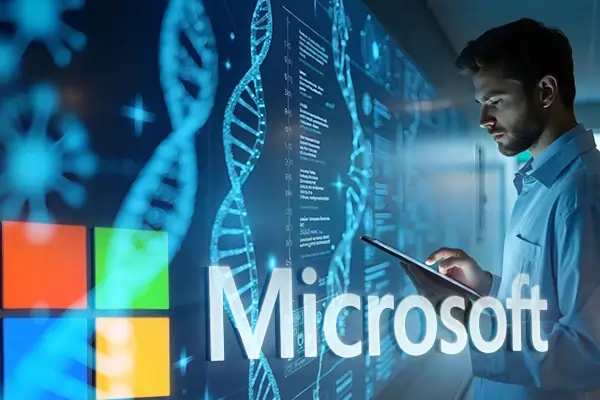AI-powered attack bypasses DNA screening, raising global concerns over future biosecurity vulnerabilities.
Microsoft researchers have discovered a significant bug in biosecurity screening software used to stop the abuse of DNA to produce harmful toxins or pathogens. In a breakthrough, Microsoft's Chief Scientist Eric Horvitz led the team and demonstrated how artificial intelligence (AI) can bypass current biosecurity defenses, showcasing potential threats that were previously unknown. This development, appearing in Science, highlights the dual-use potential of generative AI algorithms, which are generally applied to drug discovery but can, at the same time, be utilized for malicious use.
The risk was found during a "red-teaming" exercise in 2023 when Microsoft researchers employed generative AI models, including the company's own EvoDiff, to re-engineer known toxins such as ricin and infectious prions. The researchers were able to alter the DNA sequence so that it evaded the biosecurity screening software employed by commercial vendors but preserved the toxin's lethal function. The disturbing demonstration revealed how readily available AI-mediated protein design would be to assist bioterrorists in generating dangerous biological agents.
Although the Microsoft group made clear that no toxic proteins were actually generated in the experiments, the discovery is thoroughly alarming. Prior to making public their findings, Microsoft informed the US government and biosecurity software vendors, who have issued patches to combat the vulnerability since then. The patches are not yet complete, though. Adam Clore, Integrated DNA Technologies' Director of Technology R&D, had reservations regarding the continued vulnerability and said that some molecules created with AI could still fly under the radar. Despite the patching efforts, experts say that the dynamic nature of AI and biosecurity is an ever-present challenge. Microsoft's study is a reminder in itself of the imperative for ongoing efforts to enhance biosecurity systems to protect against new AI threats in the arena of DNA manipulation.
.webp)










.webp)































.webp)
